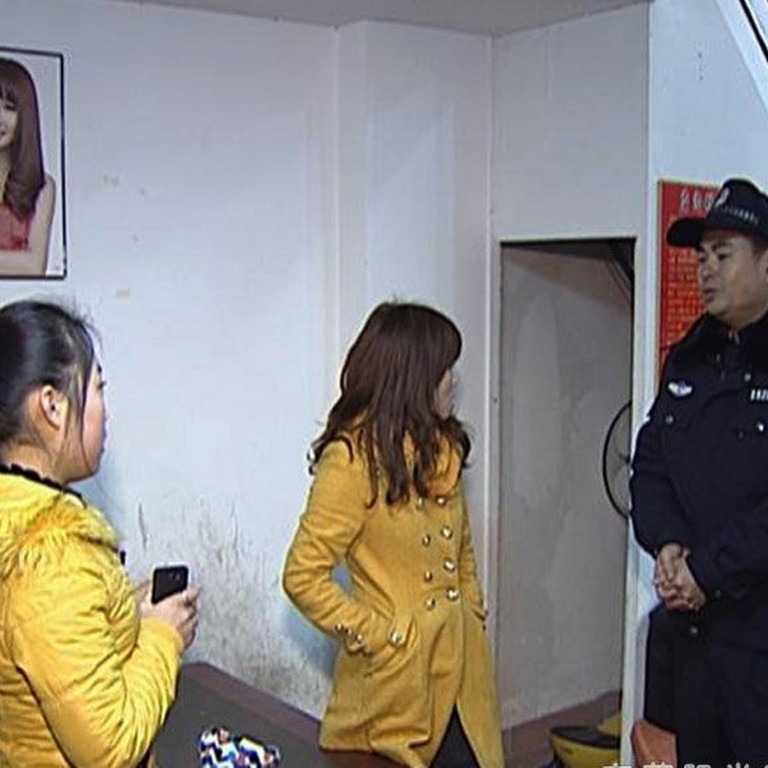
World's oldest profession still one of the most honest in China
Dongguan police are chasing the wrong suspects if corruption and sleaze are the real targets of the massive crackdown on prostitution this week
After coming to power in 1949, the Communist Party quickly ordered a nationwide crackdown on prostitution, which the public welcomed, literally, with song and praise.
Six decades later, the world's oldest profession is alive and well on the mainland, and periodic campaigns to stamp it out are more likely to stir public sympathy for sex workers.
News of this week's vice blitz in the Pearl River Delta industrial hub of Dongguan was met with online comments like "Dongguan, hang in there" and "the public has your back".

The simple truth is that no amount of police effort can eradicate certain human needs. The intensity of the public reaction to the crackdown reflected not just the lack of credibility of such government programmes, but also how social values have changed in modern times.
The report aired by CCTV on Sunday claimed the city's thriving underground sex trade was being protected by po lice.
Watch: CCTV news report on sex trade in Dongguan
According to local media reports, Guangdong party secretary, Hu Chunhua, ordered the crackdown straight after he watched the report. On Thursday, Xinhua reported a special task force involving the city's entire police force would conduct a three-month, provincial-wide campaign to eradicate prostitution. Guangdong provincial public security chief Li Chunsheng also vowed to root out police involvement in the trade.
While many countries legalise or at least regulate prostitution, mostly for public health and to prevent crime, mainland authorities see such solutions to the "problem" - to quote a recent editorial - as "blasphemy against civilisation".
The emergence of such a thriving sex industry in a place like Dongguan is a complicated matter and should not simply be treated as a moral issue. It could also be argued that, compared with polluting state-controlled energy corporations, or manufacturers of tainted infant milk formula, or official corruption, the sex trade is more honest.
It is an open secret that Li Dongsheng , the former deputy national police chief who worked for two decades at CCTV, introduced at least two anchor women as wives to senior officials including Zhou Yongkang - a real irony for the state broadcaster who exposed the Dongguan sex trade.

On a more pragmatic level, the police move could cost Dongguan dearly, not only to the sex industry directly, but also the livelihoods of taxi drivers, cosmetics and fashion retailers, and landlords. Others say the crackdown could wipe 50 billion yuan (HK$64 billion) from Dongguan's economy, or 10 per cent of the city's gross domestic product.
And while the police might drive the sex industry out of Dongguan, many believe it will simply move elsewhere.
"Many of the businesses have relocated to Ronggui and Nanhai townships in Foshan , and others have gone to Zhongshan ," one knowledgeable person said "They are offering higher commissions to the women. These places are less notorious, offering more stable income."
Why is it okay to turn a blind eye to the rich and powerful who spoil their mistresses with ill-gotten money while barring sex workers from making a living?

